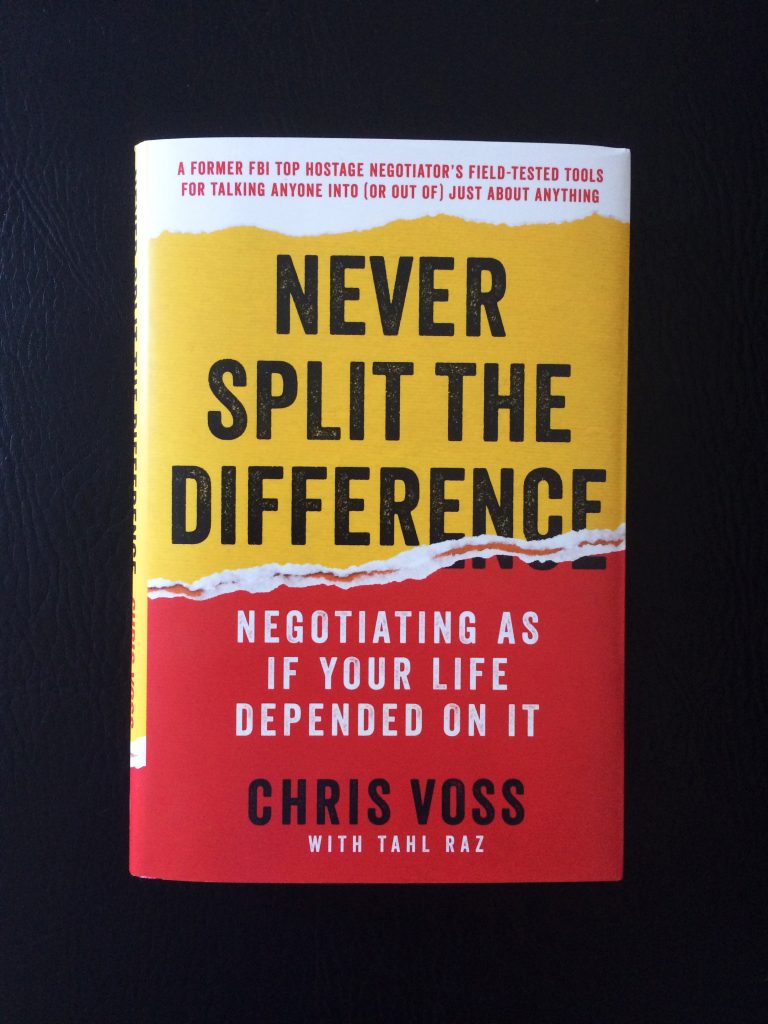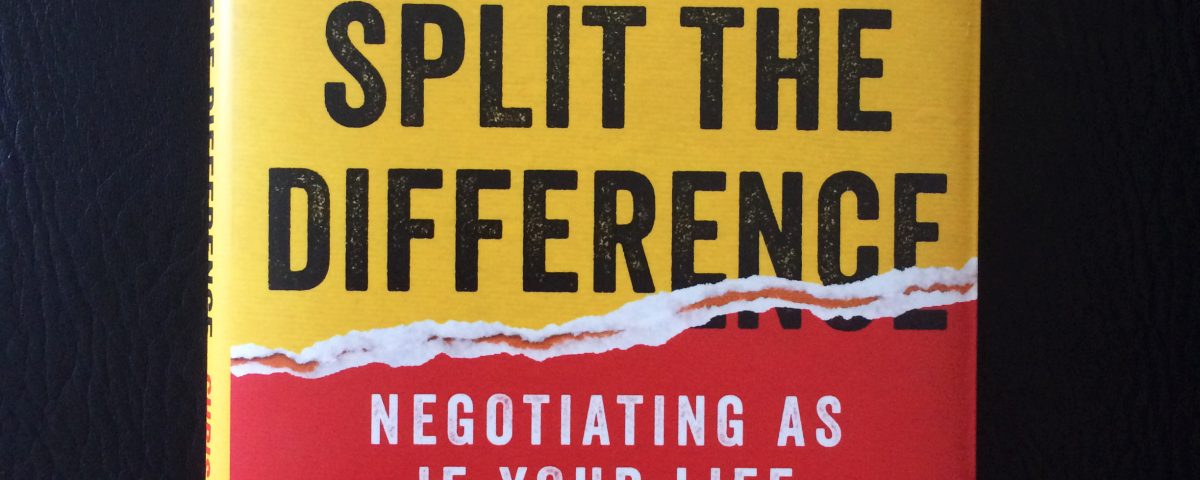- MENLO GROUP
- 480.525.5362 (Call or Text)
- 480.535.5854
- info@menlocre.com
- Grafton Milne, Designated Broker
- Owner Portal | Tenant Portal

COVID-19 Resources for Commercial Real Estate
April 6, 2020
How to Improve Your Dental Practice
May 15, 2020
Heart pounding, clock ticking. One wrong move and someone dies. Negotiations in hostage situations are literally matters of life and death.
The stakes in commercial real estate negotiations aren’t nearly that high, but our team had a lot to learn from former FBI hostage negotiator Chris Voss. We read Voss’s book Never Split the Difference as a team and found many insights from his stories and strategies.
1. Ask open-ended questions
Voss describes the open-ended question as “one of the FBI’s most potent negotiating tools.” Calibrated open-ended questions remove aggression from a confrontational statement and give the other party the illusion of control.
Never Split the Difference outlines many different open-ended questions, but perhaps Voss’s most powerful question is “How am I supposed to do that?” This question is a less aggressive way to turn down the proposed terms and encourages the other party to develop a solution.
Here are a few open-ended questions that we discussed that may improve negotiations in our industry:
– How are you feeling about the deal?
– What is your decision-making process?
– Who else will influence this decision?
– What does a successful deal look like for your building?
– Besides price, what is the most important deal element?
– How do we get a deal done here?
2. The situation—not the other party—is the enemy in negotiations
Too often negotiations are seen as an ‘us vs. them’ situation. In reality, we are all working toward a common goal: a successful close. We need to remember that the other party consists of human beings with emotions, fears, etc. and we should strive to form those personal connections. When emotions do run high, we can acknowledge the tension, while also striving to keep our own emotions in check.
On the other hand, some negotiators are tempted to sacrifice their goals for the sake of maintaining a relationship. We need to hold true to deal points and not compromise, but rather collaborate to create value and reach our clients’ objectives.
3. Look out for black swans
In Never Split the Difference, Voss defines black swans as unpredictable information or events. In commercial real estate, black swans could be sudden market downturns or disruptive technologies.
In negotiations, a black swan is information that once revealed drastically changes the deal. Our job as negotiators is to discover any black swans. We do this by being engaged during the entire negotiation process: observing body language, tone and word choice. When the black swans come to light, we need to be able to adapt our negotiation strategy.
We thoroughly enjoyed reading about Voss’s experiences with the FBI. Our team also gained valuable insights that will benefit our clients in upcoming commercial real estate negotiations.
We’d love for you to learn alongside us! Join our Virtual Book Club to receive biweekly emails with chapter summaries, discussion questions and business tips from our team.


